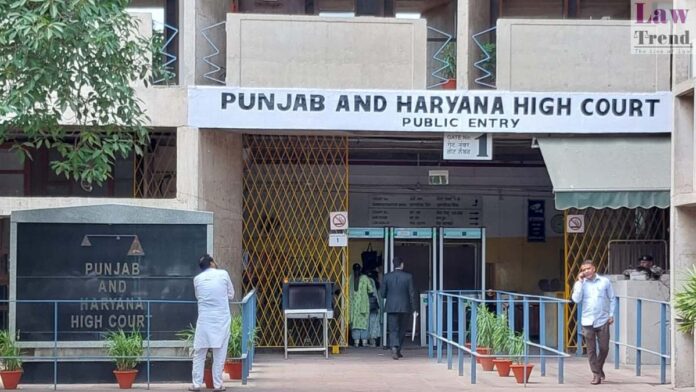The case revolves around the brutal murder of Gurmail Singh, a petition writer from Rajpura, Punjab. The incident occurred on the night of September 13, 1999, when Gurmail Singh was found dead with severe injuries to his head and mouth at his motor kotha (pump house) in the village of Gandakheri. The primary motive behind
To Read More Please Subscribe to VIP Membership for Unlimited Access to All the Articles, Download Available Copies of Judgments/Order, Acess to Central/State Bare Acts, Advertisement Free Content, Access to More than 4000 Legal Drafts( Readymade Editable Formats of Suits, Petitions, Writs, Legal Notices, Divorce Petitions, 138 Notices, Bail Applications etc.) in Hindi and English.




